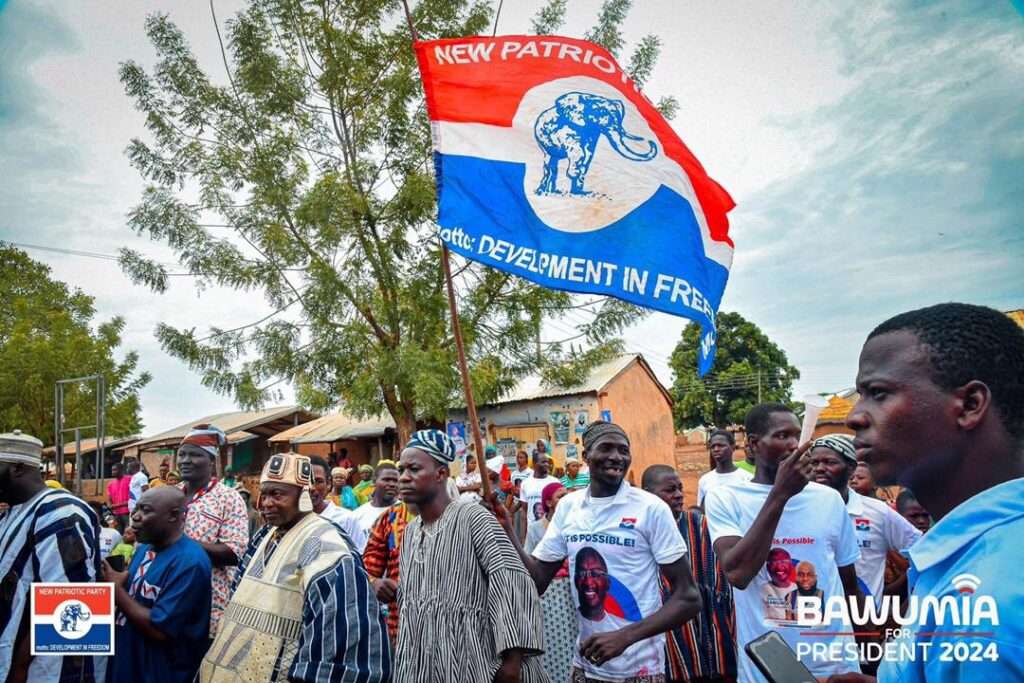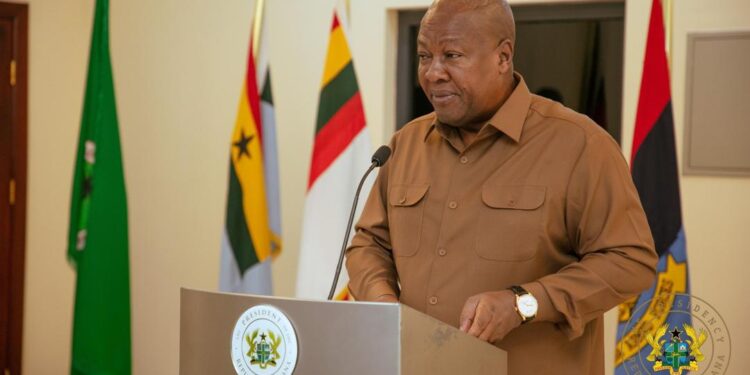Professor Kwabena Frimpong-Boateng, a distinguished figure in Ghana’s scientific community and former Minister of Environment, Science, Technology, and Innovation under the Akufo-Addo administration has voiced significant concerns regarding the nation’s approach to long-term planning.
Professor Frimpong-Boateng emphasized the critical role of strategic planning in fostering national progress, highlighting the absence of clear objectives and milestones across various sectors such as transportation, health, industry, science and technology, and manufacturing.
“As I sit here, I don’t know what will happen to the transportation industry in five or ten years. We don’t have set goals or milestones so you can talk about it when you meet your friends outside. This is missing.”
Professor Kwabena Frimpong-Boateng, former Minister of Environment, Science, Technology, and Innovation
The renowned surgeon underscored the necessity for a cohesive vision and actionable steps toward development. He criticized the frequent shifts in planning frameworks, such as the transition from “Vision 2020” to “Agenda 2030,” and questioned the accountability mechanisms in place to ensure these visions are realized.
Professor Frimpong-Boateng called for a more proactive stance towards planning, suggesting that future generations should inherit a legacy of tangible achievements rather than empty promises.
Professor Frimpong-Boateng’s remarks highlight a critical issue facing Ghana: the chronic problem of setting and missing developmental targets.
Professor Frimpong-Boateng urged the nation to move beyond mere rhetoric and take actionable steps to achieve set goals. By addressing this issue, Ghana can accelerate its development and provide a better future for its citizens.
Disillusionment with Current NPP Leadership

Despite his contributions to Ghana’s scientific and technological advancement, Professor Frimpong-Boateng expressed disillusionment with the current state of political affairs within the New Patriotic Party (NPP).
“The NPP in this present configuration is not very attractive to me,” he admitted, indicating a shift in his political stance.
Professor Frimpong-Boateng criticized the party’s ideological direction and policy implementation strategies, arguing that they fail to address the pressing issues facing the nation. His remarks reflect a broader sentiment among Ghanaians questioning the effectiveness of the current political leadership in driving meaningful change.
In contrast, Professor Frimpong-Boateng lauded the leadership of former President John Agyekum Kufuor for his commitment to democratic principles. He credited Kufuor’s tenure with consolidating Ghana’s democratic gains and transitioning the country away from authoritarian rule. This praise highlights the importance of leadership qualities that foster democratic values and institutionalize good governance practices.
Professor Frimpong-Boateng’s concerns resonate with many Ghanaians who feel the impacts of inadequate planning and unfulfilled promises. His call for a strategic vision and concrete steps toward development is a clarion call for policymakers and stakeholders to rethink their approach to national planning and execution.
To move forward, Ghana needs a cohesive strategy that integrates long-term planning with short-term actionable goals.
This approach will not only provide a clear direction for the nation’s development but also foster accountability and transparency in governance. By setting realistic targets and diligently working towards them, Ghana can overcome the obstacles hindering its progress and build a prosperous future for all its citizens.
Professor Kwabena Frimpong-Boateng’s candid assessment of Ghana’s planning deficiencies and political landscape underscores the urgent need for visionary leadership and strategic planning. His critique serves as a reminder of the pivotal role that clear objectives and accountable governance play in shaping a nation’s trajectory.
As Ghana navigates its path forward, the insights offered by Professor Frimpong-Boateng may serve as a catalyst for much-needed dialogue and reform within the country’s political and developmental spheres.




















